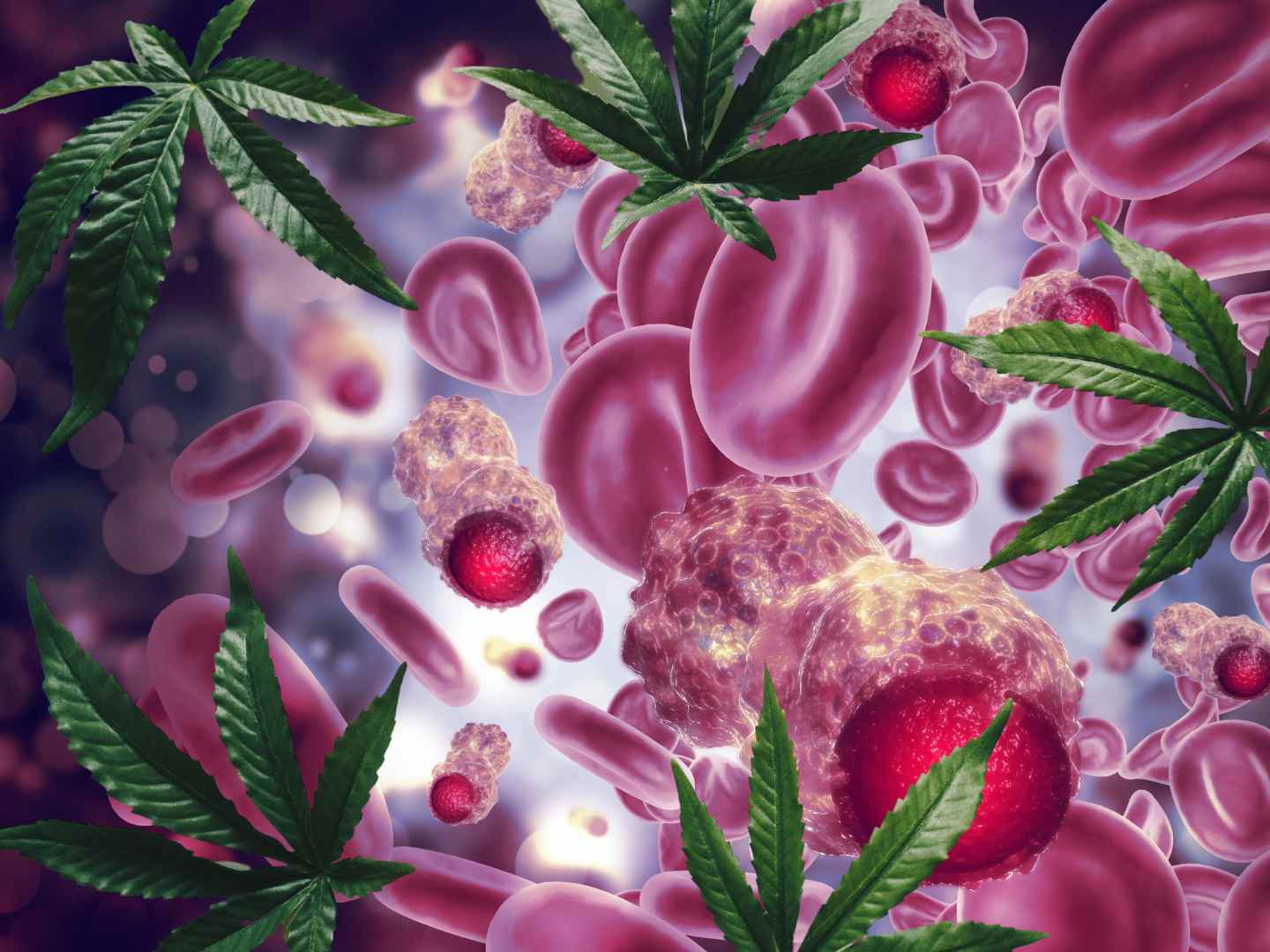Cannabis and Cancer: The Science Is In—Now It's Time for Policy to Catch Up

In what might be the most sweeping review of cannabis and cancer research to date, a new meta-analysis published in Frontiers in Oncology just dropped a data bomb: roughly 75% of over 10,000 studies support cannabis as a legitimate treatment for cancer symptoms—and possibly as a cancer-fighting agent itself.
Let that sink in.
This wasn’t some cherry-picked slice of the literature designed to sway opinion. Lead researcher Ryan Castle and his team at the Whole Health Oncology Institute used AI-powered sentiment analysis to sift through the mountain of existing research—clinical, observational, animal studies, and even in-vitro trials. Their goal? Strip away the noise and find actual scientific consensus. What they got was way more than expected.
They were hoping for a 55/45 split in favor. Instead, they found a 75/25 tilt toward cannabis having positive impacts on everything from nausea and appetite to potentially halting the spread of cancer cells. This isn't just about symptom relief—it’s about real therapeutic potential.
The Catch? Cannabis Is Still a Schedule I Drug
Despite these findings, cannabis remains locked up in Schedule I prison—a relic of Nixon-era drug policy that makes legitimate research nearly impossible. Even though the public is light-years ahead on this issue, federal regulations still treat cannabis like it’s heroin.
Castle’s team had to work around these restrictions by pulling in every observational and lab study they could find. Because most human clinical trials are still off-limits under current DEA guidelines, this massive review of the existing literature becomes a kind of workaround—a crowdsourced scientific voice saying, “Hey, maybe we should be paying attention.”
Fighting Cancer or Just the Symptoms?
Let’s be clear—no one’s waving a cannabis leaf and shouting “miracle cure.” But the data show that cannabis may do more than help you keep food down or reduce chemo-induced misery. Studies in animal models and test tubes have consistently shown apoptosis (cancer cell death) and reduced tumor spread. Add to that real-world reports from patients and the picture gets harder to ignore.
And yet, not everyone’s convinced.
Dr. Donald Abrams, a respected oncologist from UCSF, has been treating cancer patients in San Francisco for over 40 years—many of whom have used cannabis. He’s skeptical of claims that cannabis cures cancer, saying he hasn’t seen that outcome in his clinical experience. But even he acknowledges “elegant pre-clinical evidence” showing cannabis affects cancer cells. Translation: the lab data looks great, but we need large-scale clinical trials to know for sure.
A Roadmap to Reclassification—and Real Research
This new meta-analysis could help move that needle.
Castle isn’t asking for a lower bar when it comes to approving cancer treatments. He’s saying cannabis already meets or beats the standard set by some pharmaceutical drugs on the market. But until cannabis is reclassified, researchers can’t run the kind of gold-standard clinical trials that would settle the debate once and for all.
One small study already showed that patients receiving cannabis-based meds alongside chemo lived longer than those who didn’t. Another showed synthetic CBD reducing tumor size and cancer cell circulation in human subjects. That’s not just anecdotal—those are measurable effects. But again, the sample sizes are tiny. We need scale.
The Stigma Is the Only Thing in Remission
If we want to get serious about fighting cancer, we can’t afford to keep ignoring cannabis just because it makes politicians uncomfortable. The science is evolving, the evidence is mounting, and patient voices are getting louder.
This isn’t about hype. It’s about evidence—and the courage to follow where it leads.
Please note: You are not currently logged in. Only members can contribute comments. If you would like to contribute click the button below.

JUL
Monday
21
A Physician EventBryan Doner, DO |
Compassionate Caregivers and Compassionate Certification Centers
PA Medical Marijuana Educational Forum – Cranberry Public Library
Diana Briggs, Founder of PA Compassionate Caregivers and Dr. Bryan Doner, CEO of Compassionate Certification Centers, will give an overview of our PA Medical Marijuana Program. In addition, we will complete the evening with a panel of experts from the MMJ Industry to answer all of your questions.
|
